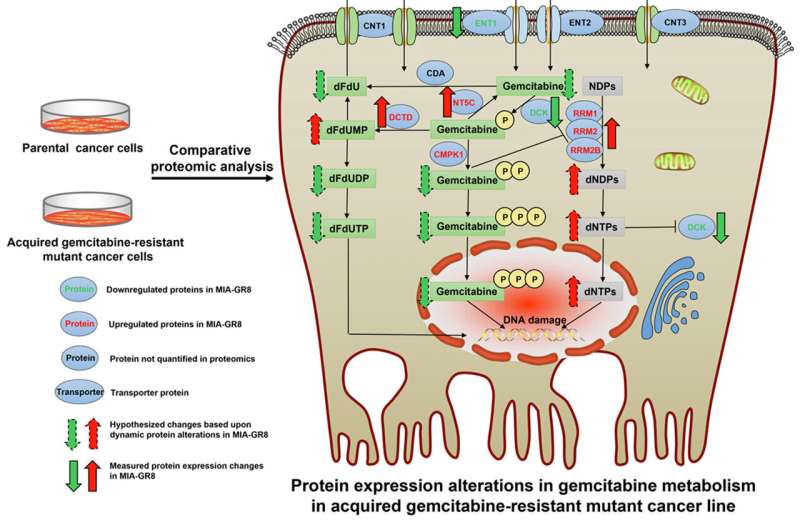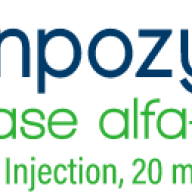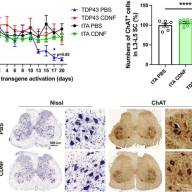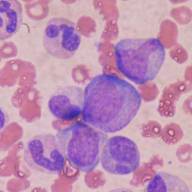
Researchers from the University at Buffalo School of Pharmacy and Pharmaceutical Sciences recently published in Molecular & Cellular Proteomics, describing their work in identifying key metabolic regulators involved in cancer cell resistance to gemcitabine (Gem), a standard-of-care chemotherapy for pancreatic dual adenocarcinoma (PDAC), the most lethal type of pancreatic cancer.
Robert M. Straubinger, Ph.D., UB Distinguished Professor, and Jun Qu, Ph.D., Professor, both of the Department of Pharmaceutical Sciences, led the research, which included William J. Jusko, Ph.D., SUNY Distinguished Professor, and several of his lab members.
Gemcitabine resistance (GemR) can develop clinically during chemotherapy, resulting in poor patient prognosis. Understanding the molecular mechanisms of Gem resistance has been challenging.
Straubinger and Qu collaborated on the application of a cutting-edge comprehensive, quantitative proteomic analysis approach to identify key metabolic regulators of Gem resistance in PDAC. Their team systematically examined PDAC cancer cells and identified several therapeutic vulnerabilities of drug resistance that could be targeted to improve therapeutic outcomes for PDAC patients experiencing Gem resistance.
Leer más: https://medicalxpress.com/news/2022-12-key-metabolic-drug-resistance-pancreatic.html





